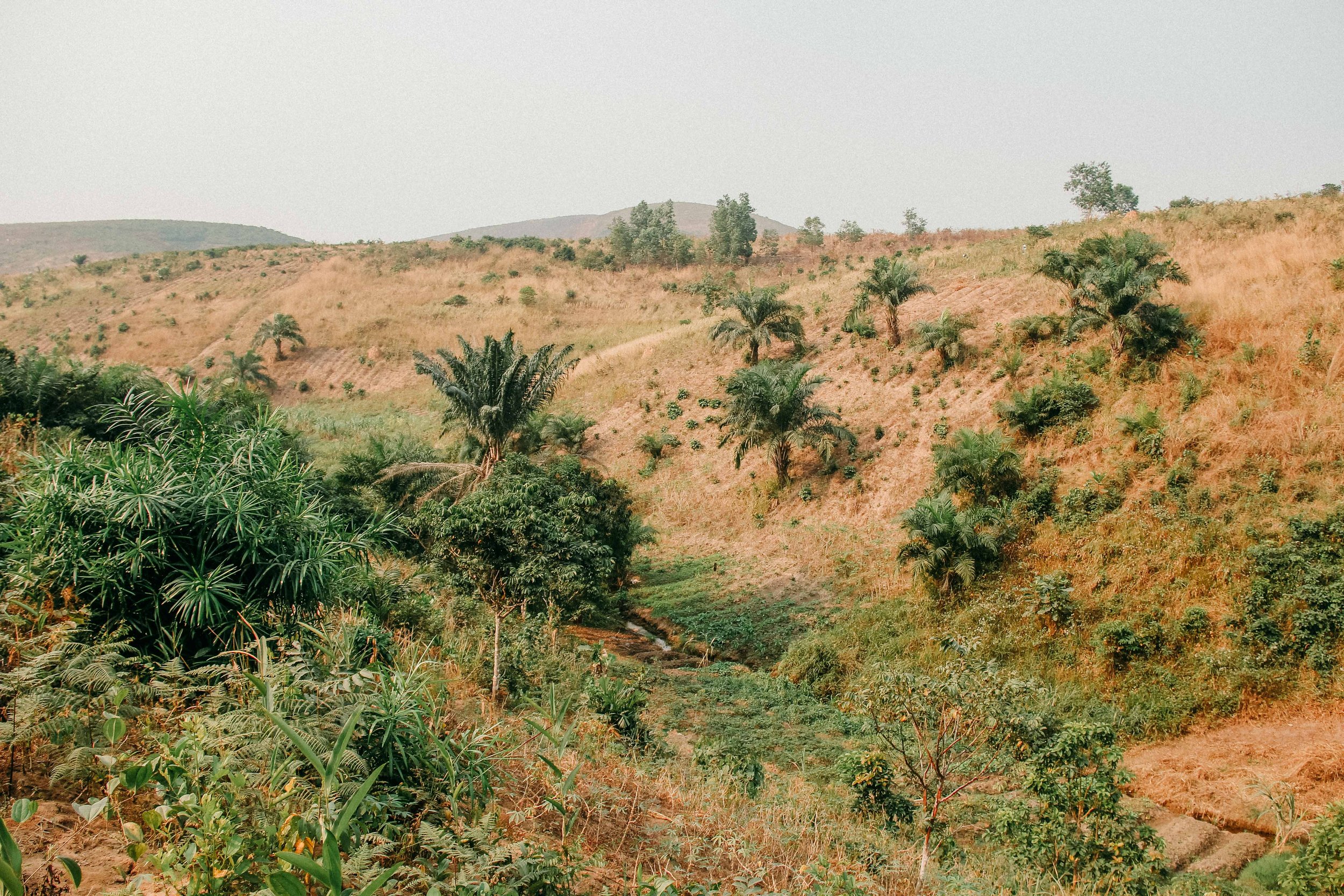About
Tunda Family Foundation was conceived in August 2023 when Liliane and Jennifer were talking about Liliane’s recent visit to her family in DRC. As Liliane considered the needs of the children she saw, and her interest in returning to her home country, she recognized the opportunity to bring together her experience in child development, her knowledge of the culture and nuances of the communities in DRC, and her network of supportive friends and loved ones all over the world.
Liliane and Jennifer began meeting regularly to explore the vision, speak with others who have developed and run children’s homes in Sub-Saharan Africa, and start putting together the building blocks of the idea. Within weeks, Liliane reached out to her contacts to begin the process of establishing the organization within DRC, and Jennifer began the process of creating the US-based 501c3.
Through these conversations, a vision and mission for the children’s home was formed.
Why DR Congo?
The Democratic Republic of Congo (DRC) has a population of more than 102 million people, with 45% of the population living in urban areas.(1) The country has arable land, immense biodiversity, and many natural resources that contribute to wealth production.(2) The DRC was ranked the third fastest growing economy in the continent of Africa.(3)
However, according to the World Bank,(4) “Most people in DRC have not benefited from this wealth. A long history of conflict, political upheaval and instability, and authoritarian rule have led to a grave, ongoing humanitarian crisis. DRC is among the five poorest nations in the world.”
DRC families and children face significant challenges to health, safety, and education, especially as climate disasters worsen and exacerbate existing challenges. Millions of children have been orphaned and are left to fend for themselves, experiencing violence, hunger and abuse. According to the United Nations, violence against children has increased in 2023 as ethnic conflicts in Eastern Congo continue to
However, the struggling children and families of the DRC want to have a better life. Parents want a chance to provide for and protect their children. Children want education, safety, and the opportunity to thrive.
Interventions such as housing, training programs, therapy, and nutrition have demonstrated success. These interventions support children to have hope, heal from their traumatic experience, and learn skills that can help them obtain jobs that will sustain them as adults.
Liliane has an extensive network of family and relatives in DRCongo, and as it is her home country, she is family with the cultures, languages, and needs of the community. Combining her personal experience with the professional training and experience she has developed in the US, Liliane is uniquely positioned to lead the development of this project in DRCongo.
References

Meet the Team
Liliane
Born in Burundi and raised in Kinshasa, Liliane spent her childhood and early adulthood in DRCongo. She earned a degree in Business from the University of Kinshasa (ISTEM) in 1991. After the civil war in 1997, Liliane came to the United States with her four children as refugees.
During more than two decades in the US, Liliane gained extensive experience in child development. Starting in 2003, Liliane worked in child development programs that served immigrants and refugees, and in 2007 began working in several child care centers that served low-income families. She received her Associates Degree in Child Development in 2019.
Liliane has family and friends who still live and work in DRC, many of whom have worked in government or have other connections that may be useful in supporting Liliane to navigate local processes and the development of the children’s home.
Liliane has a demonstrated ability to identify and respond to the unique needs of children who have experienced trauma, and develop creative interventions to support them. She has decades of experience navigating multi-cultural environments, creating and managing learning spaces for children, and understands the social, emotional, and physical needs of children from difficult backgrounds. Liliane speaks five languages fluently, and has deep connections within Congo and many surrounding countries.
Jenn
In a career spanning two decades, Jennifer brings her background in nonprofit leadership, group facilitation, communications, project management, program implementation and evaluation, administrative policy advocacy, research methodology, equity and anti-racism practices, and data analysis to create strategic objectives that challenge and support partners in their vision and goals.
Jennifer has a demonstrated track record in leading nonprofit operations and development, creating fundraising plans, and facilitating collaborative relationships between nonprofit organizations, business, and government agencies to identify and achieve shared goals.
Using her talents in planning, organization, and communication, Jennifer supports organizations to develop clear pathways to move projects forward, with flexibility to adjust as new insights and needs are identified.
Jennifer currently runs her own nonprofit consulting firm focused on collective impact models for organizing advocacy and developing projects. She previously served as the Executive Director of the San Diego Hunger Coalition (SDHC) and worked as a Program Manager at Catholic Charities.
Meet the Board
Our 7 Year Plan
We have big dreams for the future!
Click on the + to learn more about our seven year plan.
-
Vision and Mission Developed (complete)
Develop website, social media, and initial capital campaign (complete/in progress)
Establish US-based 501c3 Organization (in progress)
Establish children’s services program status in DRC (complete) -
Visit DRC to identify land for purchase
Purchase land (complete)
Continue fundraising to build the home (2025-2026)
Continue to grow network of supporters to meet fundraising goals (in progress) -
Build the school as a sustaining program with government funding
Build the first home for children
Hire staff for the home and organizational support
Begin accepting and educating children
Continue fundraising for program expenses and training center -
Build the training center
Hire staff for programs
Begin training programs for parents and children
Continue fundraising for program expenses and other needs





